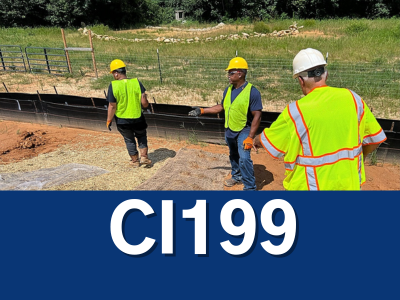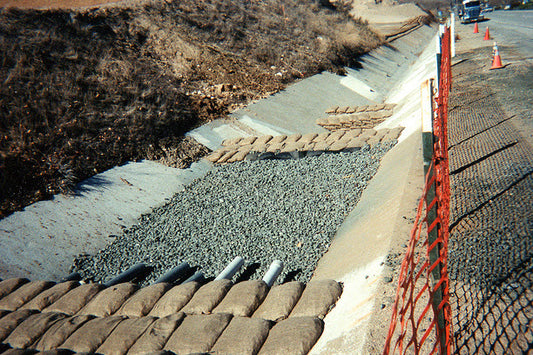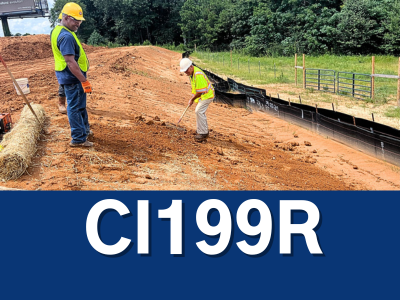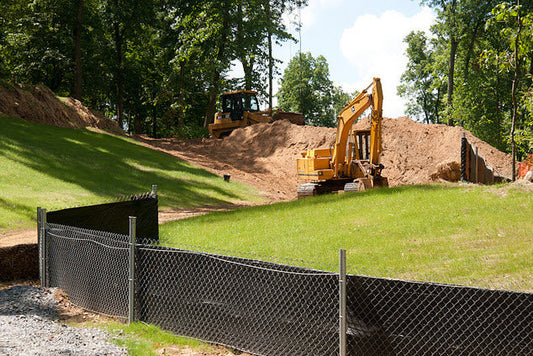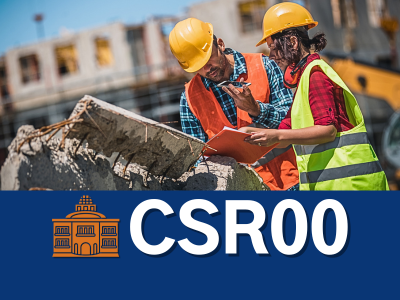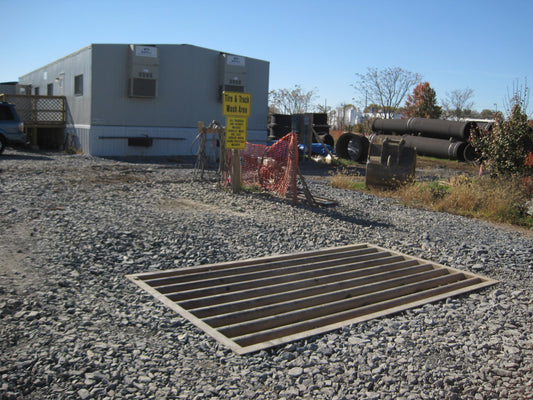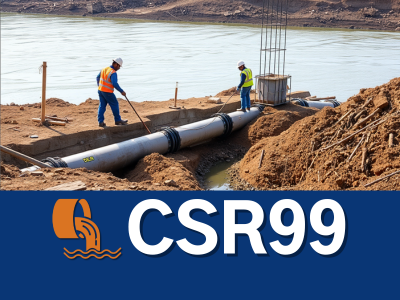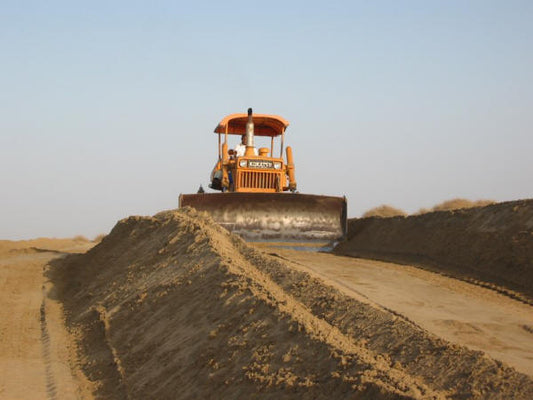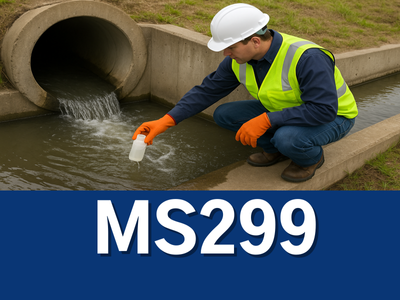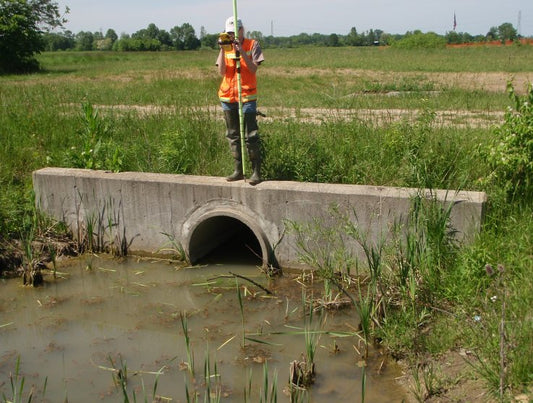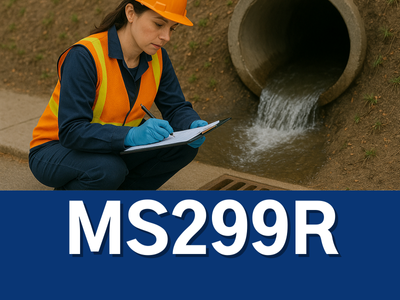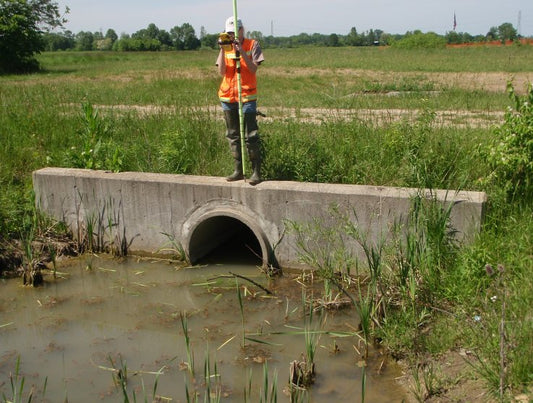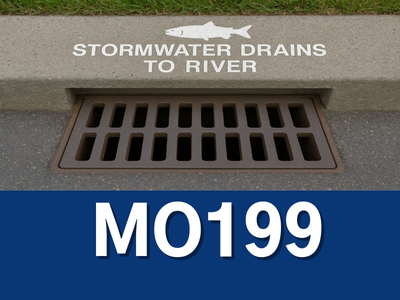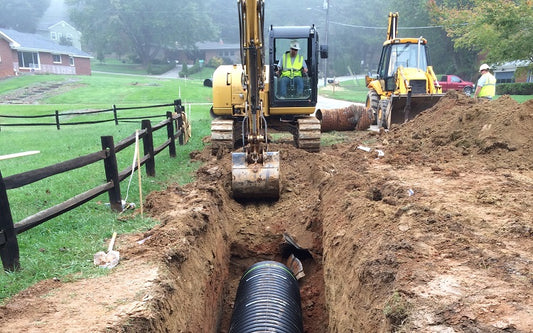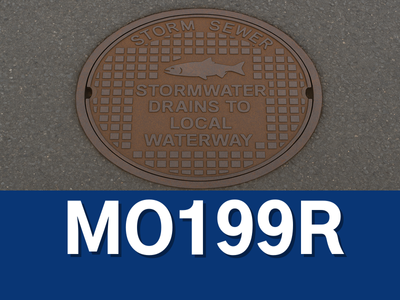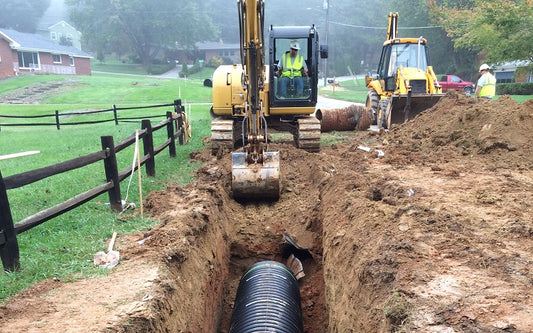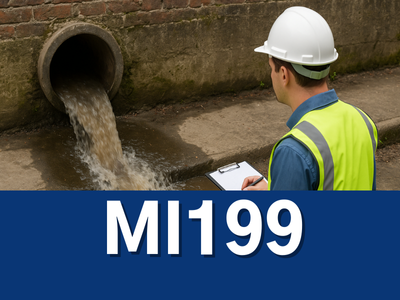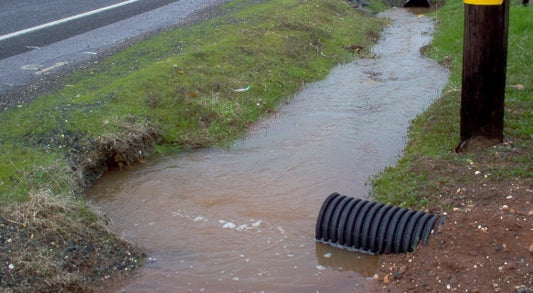The state of Delaware and the Delaware Department of Natural Resources and Environmental Control’s (DNREC) Sediment and Stormwater Management program operates within the Division of Watershed Stewardship’s Drainage and Stormwater Section. The idea of the Sediment and Stormwater Management program is to provide individuals with an ample approach to erosion and sediment control and stormwater management during and after construction.
The Sediment and Stormwater Management Program is comprised of the following responsibilities:
- Erosion and sediment control during construction activities.
- Stormwater compliance inspections during construction activities.
- Post-construction inspections of permanent (proprietary) stormwater facilities.
- Stormwater quantity and water quality control.
- Education and training relating to stormwater management.
As per the mandates of the Sediment and Stormwater Management Program, all persons engaged in land disturbing activities must adhere to the following:
- Unless exempted, no individual(s) shall engage in land disturbing activities without submitting a Sediment and Stormwater Management Plan to the appropriate plan approval authority and obtaining a permit to commence construction activity.
- Projects which do not alter stormwater runoff characteristics may be required to provide water quality enhancement even if the pre-development runoff characteristics are unchanged.
- Each land developer must certify, on the Sediment and Stormwater Management Plan submitted for approval, that all land clearing, construction, development, and drainage will be done according to the approved plan.
- All approved land disturbing activities must have at least one (1) individual who functions as a “Responsible Personnel,” or an individual who has taken the Contractor’s Certification Course (Blue Card) on-site at all times.

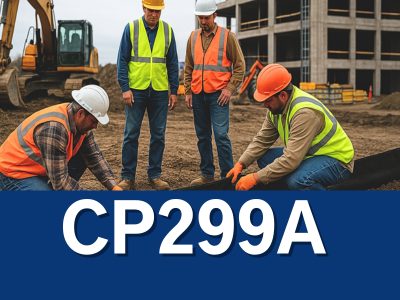
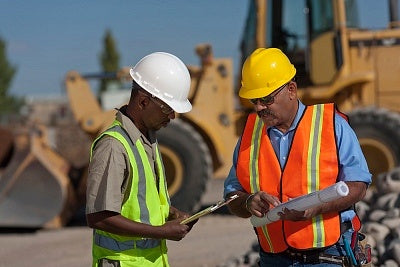

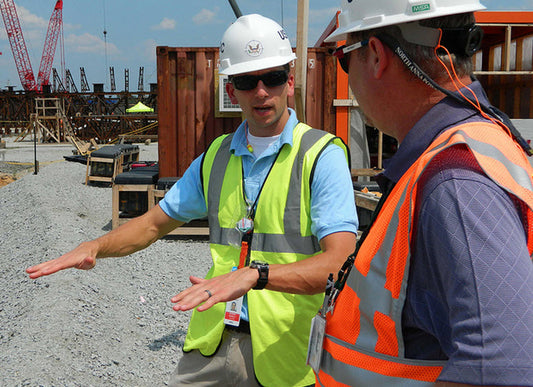

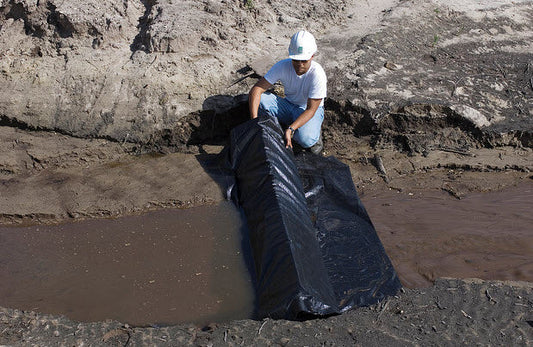

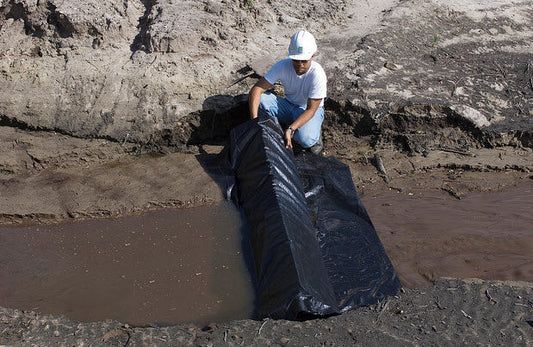

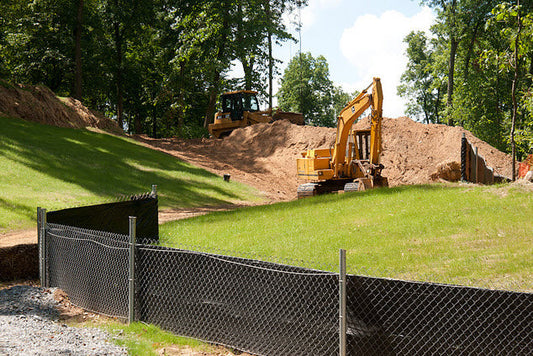

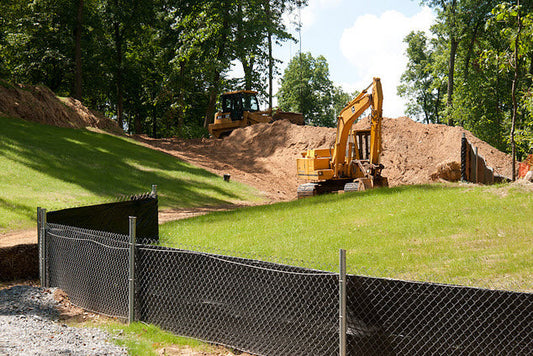
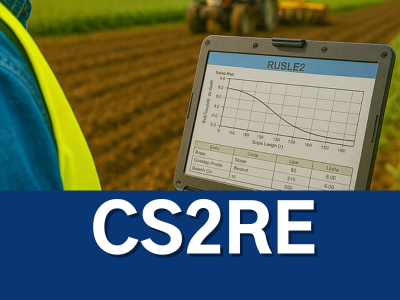
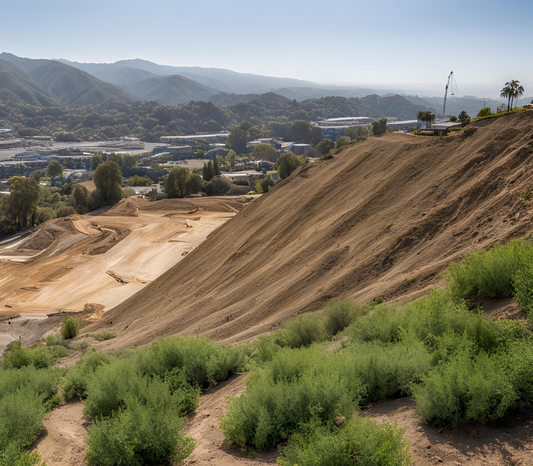

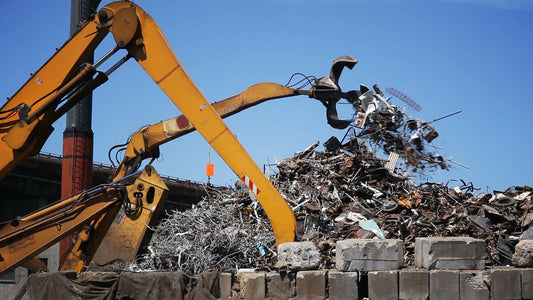
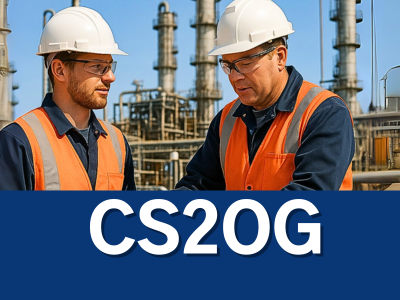

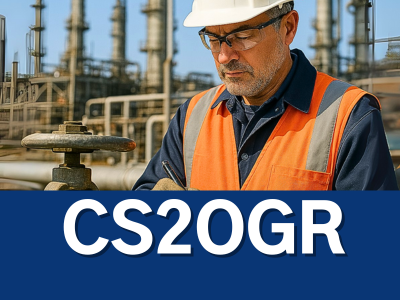

![Stormwater Management for Construction Activities - ADVANCED (Contractors, Field Maintenance, Foreman) [U.S.]](http://stormwaterone.com/cdn/shop/files/CI199A.png?v=1758811709&width=533)
![Stormwater Management for Construction Activities - ADVANCED (Contractors, Field Maintenance, Foreman) [U.S.]](http://stormwaterone.com/cdn/shop/files/214_4333_Swale_20and_20Sand_20Bags_0bb88123-72fa-40b8-8f8d-e3d7edc4b279.jpg?v=1758811709&width=533)
